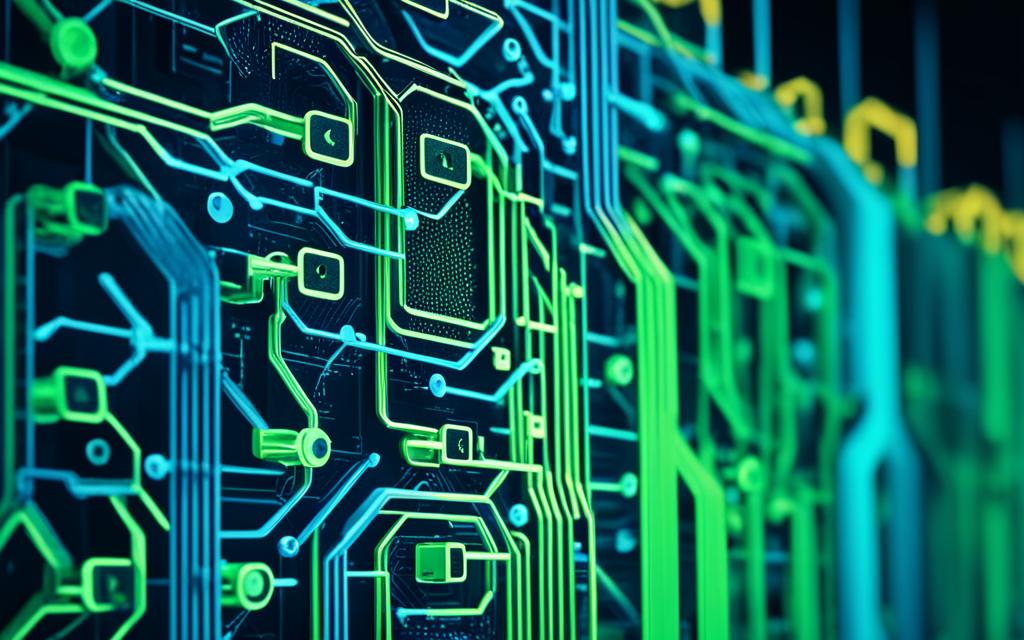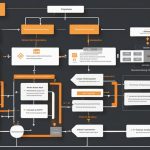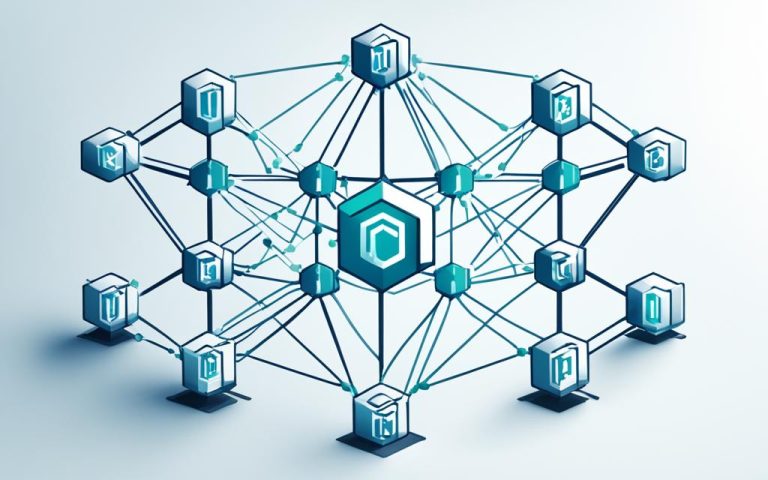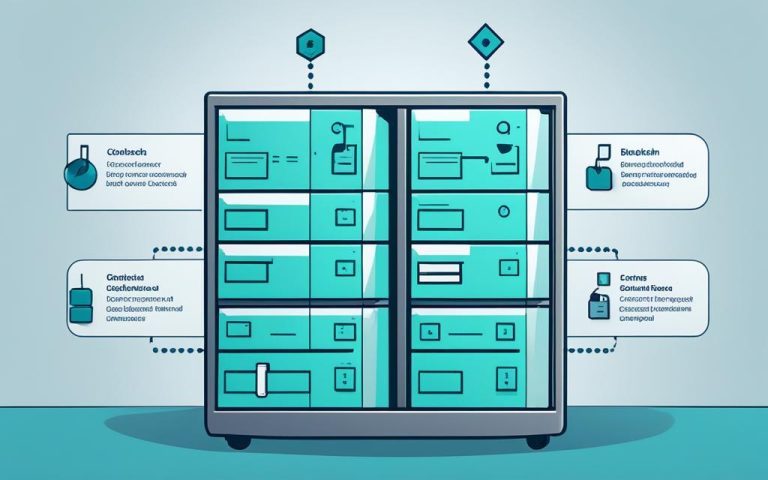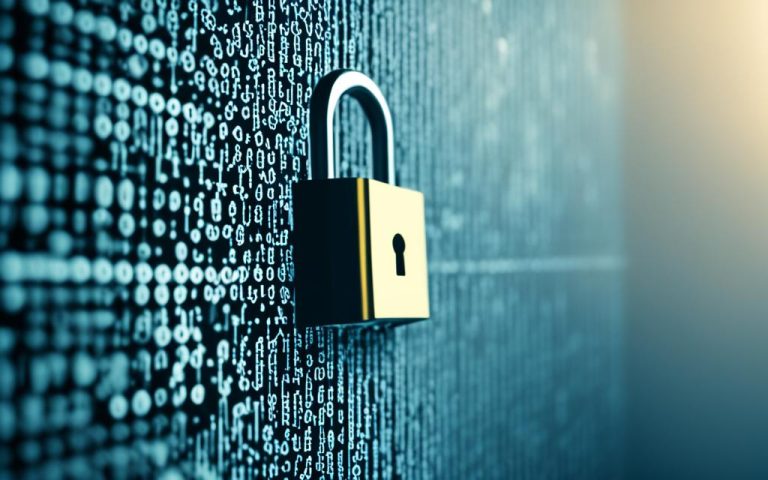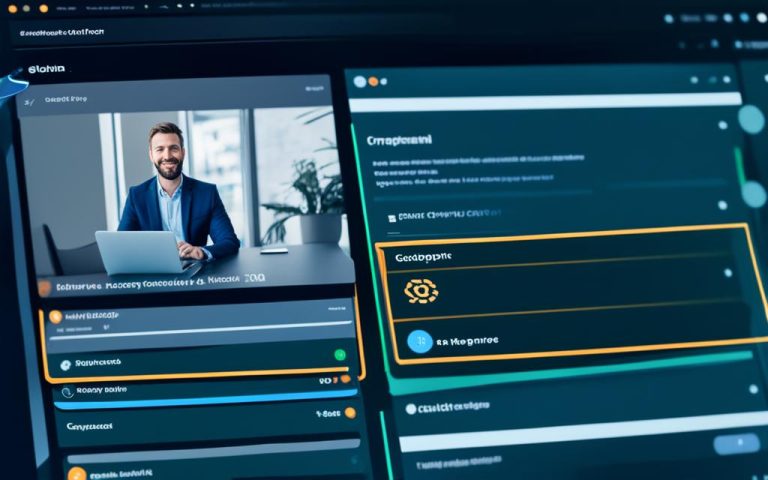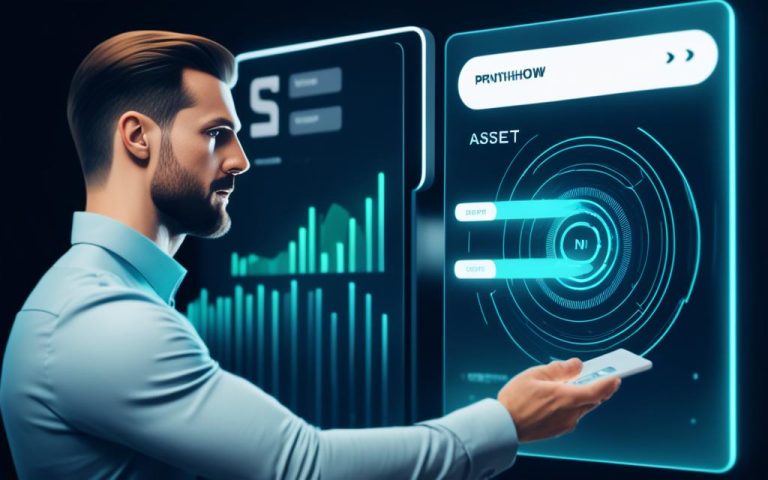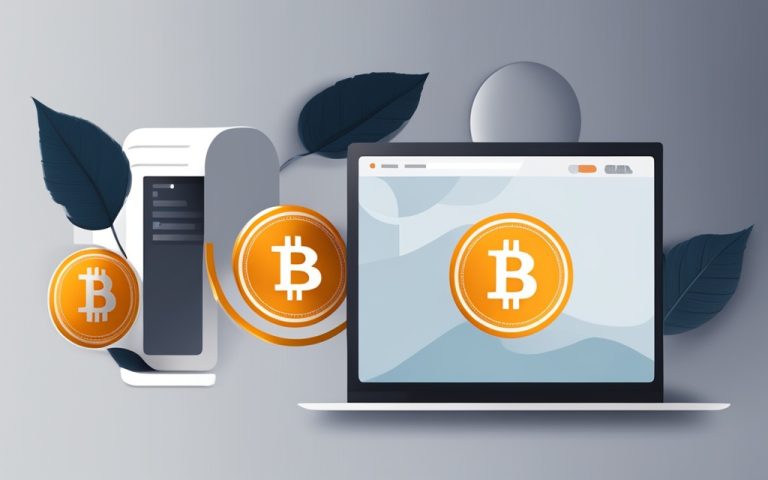Many people wonder who monitors a blockchain electronic ledger. Blockchain works across a decentralized network. This means not one group controls it all. Instead, a variety of network users share this responsibility.
Miners and validators are key in checking and approving transactions. They help keep the blockchain honest and decentralized. This helps stop fraud in the system.
There are governance protocols that help manage the network. These protocols lay out the rules for the blockchain’s operation. They help it run smoothly and stay stable.
Tools like blockchain codes from VGO add more security. These codes protect the network and keep data safe. They also help block potential threats, ensuring data integrity.
The oversight of a blockchain ledger is a team effort in its decentralized setup. Miners, validators, and governance rules all play a part. Together, they keep the blockchain open and safe.
The roles everyone plays show how strong blockchain technology is. It keeps the ledger reliable and protected from tampering. Understanding this helps us see the value of blockchain tech.
The Decentralized Nature of Blockchain Technology
Blockchain tech is built on a decentralized network. This sets it apart from usual databases. Instead of one entity having control, a network of nodes handles and checks transactions. This setup boosts the security, transparency, and trust in the system.
Miners and validators are pivotal in keeping the system honest. Miners solve difficult maths problems to add new blocks to the blockchain. They check transactions are correct and add them to the ledger.
Validators ensure the blockchain operates safely and smoothly. For instance, on Ethereum’s network, over a million validators protect the system. They do this by staking more than 32 million ETH to confirm transaction validity and security.
Governance protocols set important rules for the blockchain. These rules help manage how decisions are made and conflicts resolved. It makes sure things run fairly and clearly for everyone involved.
Blockchain’s decentralized nature means more openness and chances for everyone. Public blockchains, like Bitcoin and Ethereum, let anyone join in. They can read, write, and check transactions, making it widely usable. With cryptographic keys, a peer network, and computer power, blockchain securely keeps transaction data. It ensures that transactions between people go smoothly.
to find out more about blockchain technology, check these resources:
- Investopedia – Learn about the major parts and uses of blockchain.
- Simplilearn – Get to know blockchain technology better and its different parts.
- Medium – A detailed article on how blockchain tech is changing data management with decentralized ledgers.
The Role of Blockchain Codes in Enhancing Security and Governance
Blockchain codes from VGO enhance security and governance in blockchain ledgers. They provide extra protection, making networks stronger. These codes keep transactions confidential and authentic.
Blockchain codes also allow complex transactions. They help enforce governance rules. With them, organizations can create secure, transparent systems. This builds trust and makes transactions reliable and verifiable.
Moreover, blockchain codes boost an organization’s security. They use advanced cryptography and protocols to defend against threats. This protects data and digital assets from unauthorized access and attacks.
In conclusion, blockchain codes reinforce blockchain technology’s security and governance. They help organizations secure transactions and set up strong governance. This leads to better security, trust, and efficient, transparent transactions in the blockchain world.
FAQ
Who is responsible for overseeing a blockchain electronic ledger?
A blockchain’s electronic ledger is watched over by many people in the network. Miners and validators are key. They confirm transactions, keeping the blockchain true. Rules are set to help manage the system.
What is the difference between blockchain technology and traditional databases?
Blockchain is not like usual databases because it’s spread out, not in one place. Everyone in the system shares control, rather than one person. Miners and validators watch over it. They check transactions to stop fraud. Rules help guide how it all works.
How do blockchain codes enhance security and governance?
Blockchain codes from VGO make the ledger safer. They build stronger defense against attacks, protecting transactions. They also enable complex deals and help enforce rules. These codes make the network more secure and reliable for everyone.

